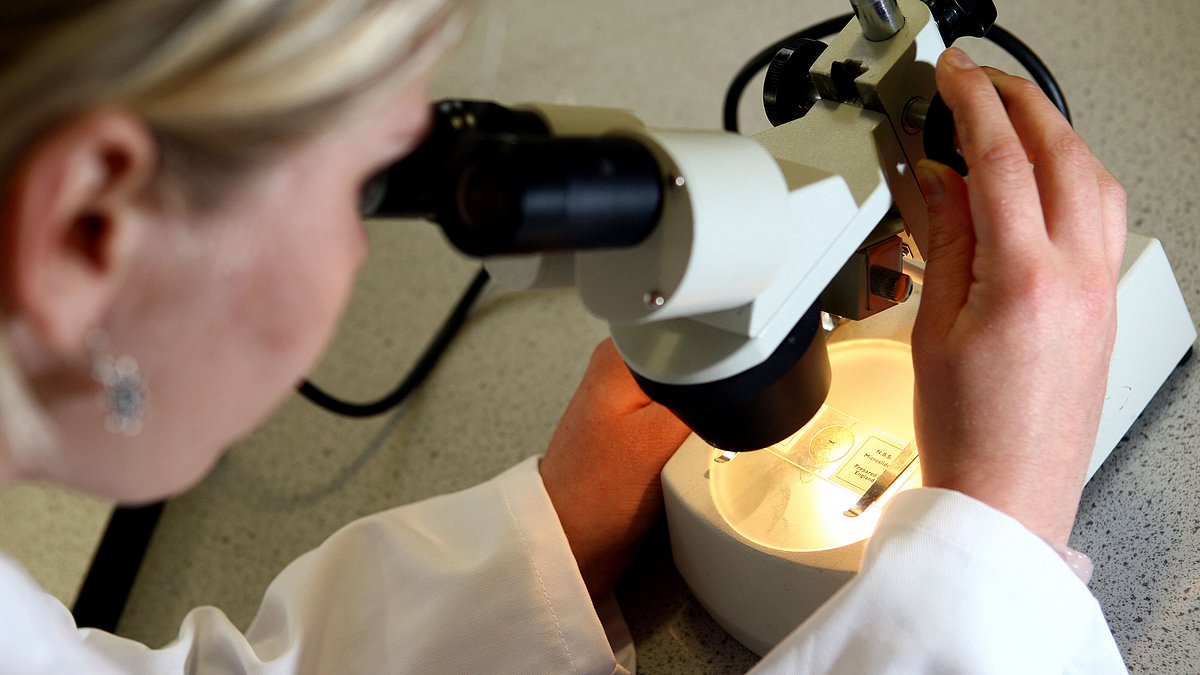Alzheimer’s disease is the most common cause of dementia—a general term for loss of memory, language, and other thinking abilities). Alzheimer’s disease accounts for 60 to 80 percent of dementia cases. Unlike occasional forgetfulness, dementia caused by Alzheimer’s disease is severe enough to interfere with you or your loved one’s everyday life.
So far, there is no cure. But some hope is emerging from Utah.
Dr. Donna J. Cross, a distinguished researcher in the field of Alzheimer’s disease, has been making significant strides in finding a potential cure. Her groundbreaking work at the University of Utah uncovered that a cancer drug called Paclitaxel reversed signs of Alzheimer’s in lab mice, a discovery that could translate to a game-changing treatment for humans. This drug, known for slowing the formation of certain proteins, successfully restored signs of normal proteostasis (the protein regulation process) in the mice’s brains while also dramatically improving their performance on a standard memory test.
Dr Cross honed in on Paclitaxel, a chemotherapy drug that was approved by the FDA in 1992. It works by binding to a protein that makes up the support structures of the cells that help them divide and spread. By shoring up those structures, the drug is able to stop cells from dividing into two new cells, which is how cancer grows. The drug also activates certain pathways that end up killing off damaged cells.
Meet the Utah professor who believes she's on the cusp of an Alzheimer's breakthrough – after drug caused 'a complete reversal' of symptoms in mice https://t.co/7Rf2bbLEYh pic.twitter.com/diXP7VAyt4
— Daily Mail Online (@MailOnline) May 13, 2024
The potential of Dr. Cross’s research is highlighted by the shift in Alzheimer’s research from solely focusing on amyloid plaques to exploring other potential causes of the disease, including brain inflammation and conditions related to diabetes. This shift suggests a broader understanding of Alzheimer’s and the need for a multi-faceted approach to treatment.
This research offers a promising approach to treating Alzheimer’s disease, potentially reversing its symptoms.
TLDR: Her work combines the use of cancer drugs to restore normal protein regulation.
